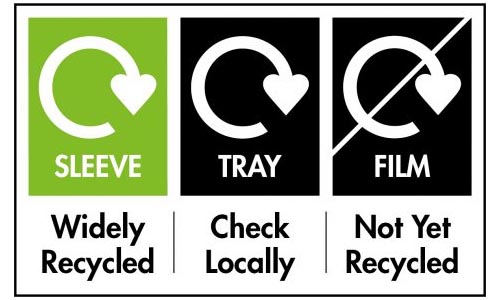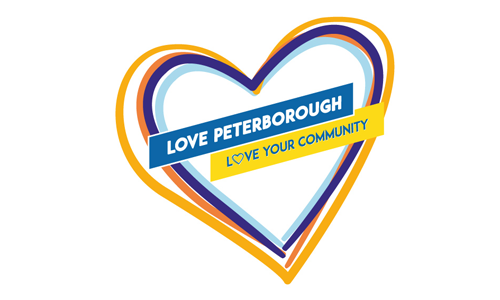Here’s an interesting, if slightly depressing fact: Every bit of plastic ever made still exists today. It’s a material that is made to last, but the majority of products made with plastic are only used once and then tossed in the bin without further thought. This consume, waste, replace culture is doing serious damage to our planet, as it turns out plastic takes at least 450 years to decompose. This month is Plastic Free July, so we’re here to let you know why you should seriously rethink your plastic consumption and give you some handy tips on how to get reducing, reusing and recycling and spread the word in your workplace.
Plastic is not so fantastic
This week new research from US scientists hit the headlines, revealing that by 2015 humans had produced 8.3 billion tons of plastic, of which 6.3 billion tons has become waste. And it’s not going anywhere anytime soon. The study also revealed that of this amount of the plastic (which weighs the equivalent of one billion elephants), a mere 9% was recycled. So where is it all?
An environmental nightmare
In 2015 12% of plastic produced was incinerated and the other 79% was sent to landfill or ended up in our natural environment. This is devastating news for our oceans, where more than 8 million tonnes of plastic are dumped every year, resulting in 1 in 3 marine species being found entangled in litter and over 90% of sea birds being found with plastics in their stomachs.

What can you do?
Now before you shed a tear for the poor sea turtles and then turn to buy your next plastic bottle of water, think about this: there is a lot you and your colleagues can do to help solve this waste crisis. We’ve listed a few useful tips below.
Ditch plastic bottles
Get yourself a reusable bottle and a re-usable coffee cup for grabbing a hot or cold drink on the go, whether that’s on the way to work or in between meetings. Across all of our Jump sustainability engagement programmes we reward employees who make the switch to reusable bottles and cups with individual and team prizes.
Shop sustainably
Get yourself a reusable shopping bag, carry it with you everywhere you go and commit to never using a plastic bag again! So whether you’re on your lunch break or popping out for a mid-morning snack, you won’t fall into the trap of using excess plastic bags and gathering a guilty stash under your desk. Better still, avoid unnecessary plastic packaging. There are a lot of sustainable options emerging such as laser labelling and products with reduced plastic packaging.
Choose to re-use
When you use plastic products, make sure to always re-use and recycle them. A lot of plastics can be a useful addition to your kitchen cupboards, such as plastic takeaway boxes and pots which can be used for storing leftover food or as a lunchbox. There are plenty of ways to reuse plastics, but if you really can’t find a way, you can always recycle. Make sure to check what your options are for recycling in your workplace, so you can do your bit in the office as well as at home. Our Jump employee engagement programmes have waste saving modules that encourage employees to recycle more and waste less, as well as promoting wider environmental messages and sustainability events taking place within the organisation. By incentivising employees we achieve lasting behaviour change.
Check out our Jump website to find out more about how you could incentivise your staff to engage in sustainability. In the meantime, get on board with boycotting plastics!







